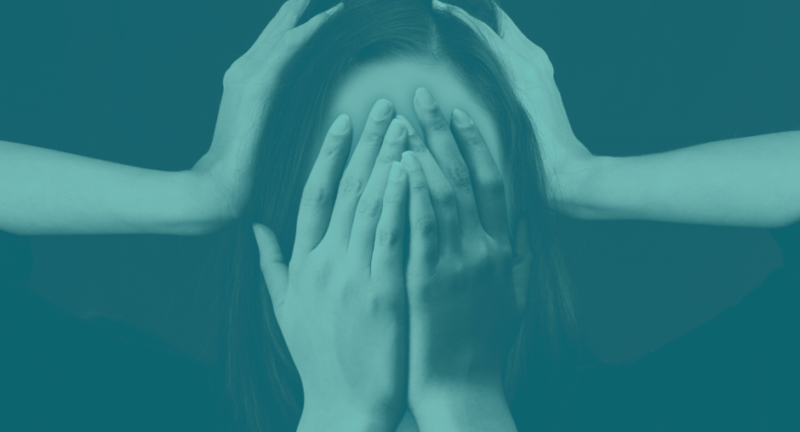An Introduction to Mindfulness
Mindfulness
Mindfulness is a practice or “state of being” that has been used for thousands of years. Mindfulness means doing one thing at a time. Choosing to focus on that which is in front of you. Paying full attention to what you are doing whether that be washing your hair or driving the car. Fully participating in that moment with all your senses. This idea of being mindful can be found in both psychological and spiritual foundations. There are many ways to talk about this practice, but the basic concept is being present or “showing up” for whatever experiences that occur in your life. Making a decision to focus your attention and remaining present. The easiest way to begin to practice this is by “minding” your breath. Becoming aware of your breathing, your body, and your thinking without holding onto the past or changing the future. Seeing things as they are without judgment in an effort to change our relationship with our thoughts, feelings, and sensations are they occur.

In channeling and directing our breath we are able to transform our relationship with painful emotions, stress, physical pain, and other illnesses. There has been controlled studies demonstrating how mindfulness practice reduces symptoms of chronic pain, depression, and addiction.
Research shows mindfulness can actually change the brain’s grey matter and reactivate how we respond to emotions. It promotes greater consciousness in terms of being in and experiencing the present moment in all its fullness. During mindful meditation, it is encouraged to be open to experiences. People are encouraged not to dread or shut out feelings that they don’t want to experience or thoughts that they would rather not think about. Anchoring on their breath, people are encouraged to allow the sensations, feelings, and thoughts that come up to just occur and not to try to change them in any way. It’s all about creating mental spaciousness and becoming aware of the flow of your physical body, the thoughts that you may be having, and feelings as each occur when certain experiences arise.
As a beginner, it is encouraged to be gentle with yourself as you learn a new way of focusing. By doing this, you become better able to listen to your inner sense of being. Through this, you build a sense of peace and compassion.
To learn more about the practice of mindfulness and develop these life skills, please feel free to contact us at Next Step 2 Mental Health.
Call us at 502-339-2442 to book an appointment or email us at info@nextstep.doctor
Related Posts
An Introduction to Mindfulness
Research shows mindfulness can actually change the brain’s grey matter and...
3 Ways to Cope with Extreme Emotions
How to Cope with Extreme Emotions As humans, we are emotional beings. We all...

